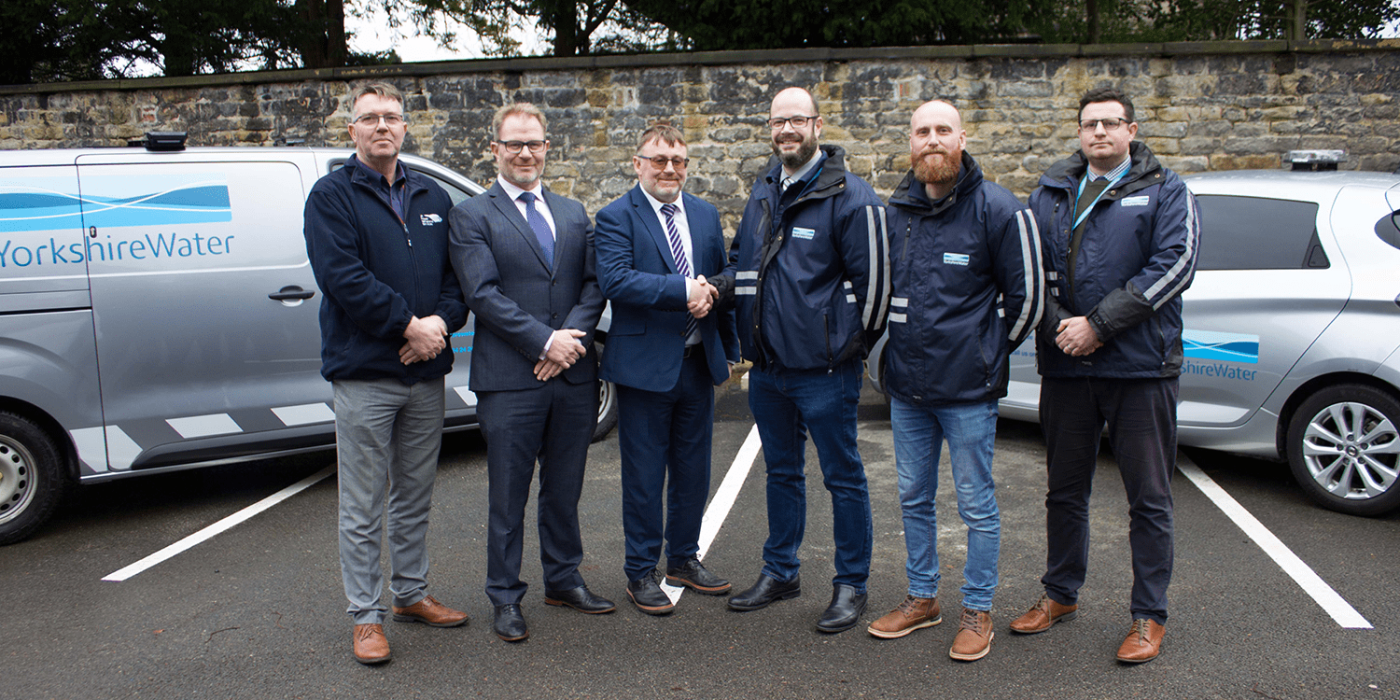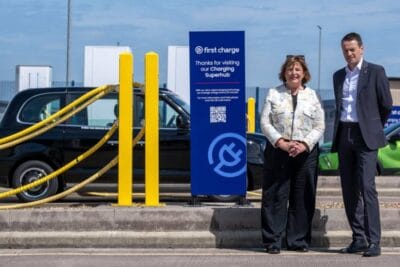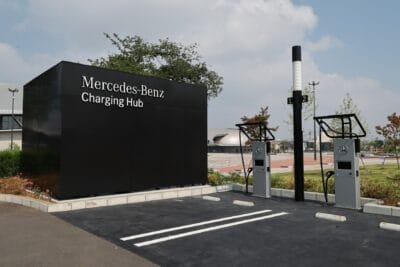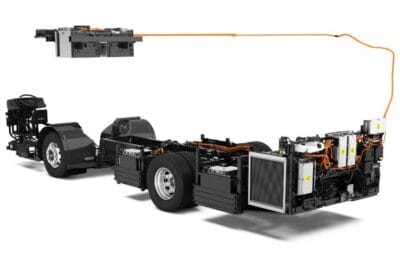Yorkshire Water rolls out charging infrastructure for growing van fleet
Yorkshire Water plans to install up to 1,000 EV charging points across its sites and homes of staff as the water company targets to decarbonise its entire fleet of vans by 2030. The company set out a roadmap for the installations and training.
In order to reach net zero by 2030, Yorkshire Water has set down a suite of initiatives to install renewables, lower overall energy use, and switch to an electric van fleet. Employees that drive an electric van for the company will be able to charge at home, at work, and at public chargers, so the plan.
The first EV charging points will be installed at Yorkshire Water’s training academy in Bradford. They already run some Renault Zoe and Nissan e-NV200 electric vehicles and reportedly started purchasing the first EVs in 2018. Overall, the fleet is 1,450 vans strong, with Yorkshire Water having 4,000 employees around the region.
The Bradford installation will be followed by additional charging hubs and upgrades at a proposed 81 sites, where staff is also running the Nissan and Renault EVs and the new Nissan Townstar and the Vauxhall e-Vivaro.
Yorkshire Water has enlisted UK Power Network Services to install and maintain the chargers.
Nicola Shaw, CEO at Yorkshire Water, said that working with UK Power Networks Services was an “important step” to making a zero-emission van fleet a reality. She added this would allow the teams to use electric vehicles to their full potential.
“We often receive enquiries asking how a large vehicle fleet can electrify in a matter of years,” said Philip Heathcote, Head of Markets at UK Power Networks Services. “This project proves that with strong collaborative partnerships, the right strategy and expertise – it can be done.”
Today’s announcement made no mention of hydrogen fuel cell vehicles. Yorkshire Water put a hydrogen-powered water truck in operation in 2020 as part of their plan to transition the fleet. ULEMCo delivered the 7.5-ton tanker that can run on both hydrogen and diesel. As per the roadmap, Yorkshire Water aims for 50% of tankers and large vehicles to be zero emission by 2028, including a 100% reduction of on-site liquid fuels by 2030 – which may set an end to hydrogen approaches.
>> For more background information, check our in-depth report on the emission-saving potential of commercial vehicles fueled by electricity, hydrogen or natural gas.





0 Comments